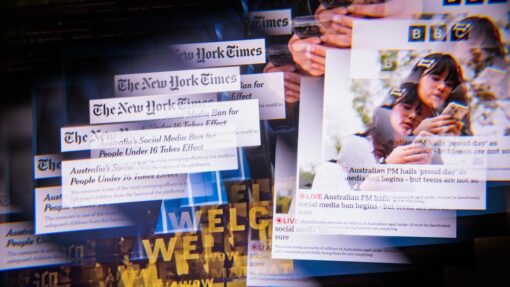Economy slows as inflation pressures ease
Poppy Johnston |
The slight pullback in labour costs and other business expenses suggests inflation is starting to stabilise.
Evidence of elevated but easing purchase and labour costs and final prices in the NAB’s December business survey suggests inflationary pressures are losing steam.
Despite slowing price and cost growth, price pressures are still robust and likely to feed into another strong inflation print on Wednesday.
Business overheads slowed from 3.9 per cent growth to 2.5 per cent in quarterly terms and labour costs eased from a 2.8 per cent increase to 2 per cent over the same period.
Final prices charged by businesses slowed from 2 per cent to 1.5 per cent.
For the Reserve Bank, which has been hiking interest rates to drag inflation back within its 2 to 3 per cent target range, signs of easing inflation will be welcome.
“But what isn’t known is how fast the RBA would like the process to be,” CommSec economist Craig James said.
“Certainly the longer the decline in inflation to the fabled 2 to 3 per cent target zone, the risk that interest rates need to stay higher for longer.”
The economist said the business survey data was consistent with one more rate hike in 2023 before the central bank hits pause.
The NAB survey also revealed a more convincing eight-point slump in business conditions in December after a modest decline in November.
All three components – trading condition, profitability and employment – fell over the month but from elevated peaks, with the overall business conditions score still firmly in positive territory.
Business confidence ticked up a little but remained in negative territory.
Forward indicators also eased, with forward orders losing two points and capacity utilisation easing by about one point from extremely tight levels.
NAB economist Alan Oster said the easing of leading indicators suggested further weakening in conditions to come.
“What you are seeing is a general slowing in activity, so I wouldn’t panic about it, but the direction is pretty obvious as to which way it is going,” Mr Oster said.
Consumers are also feeling less optimistic ahead of the December quarter inflation figures due on Wednesday.
Sentiment as measured by ANZ and Roy Morgan fell 1.8 points to 85.9, following two weeks of above-87 readings to start the year.
Weekly confidence still remains well below long-run averages as sky-high inflation and interest rate increases keep the index in depressed territory.
AAP


